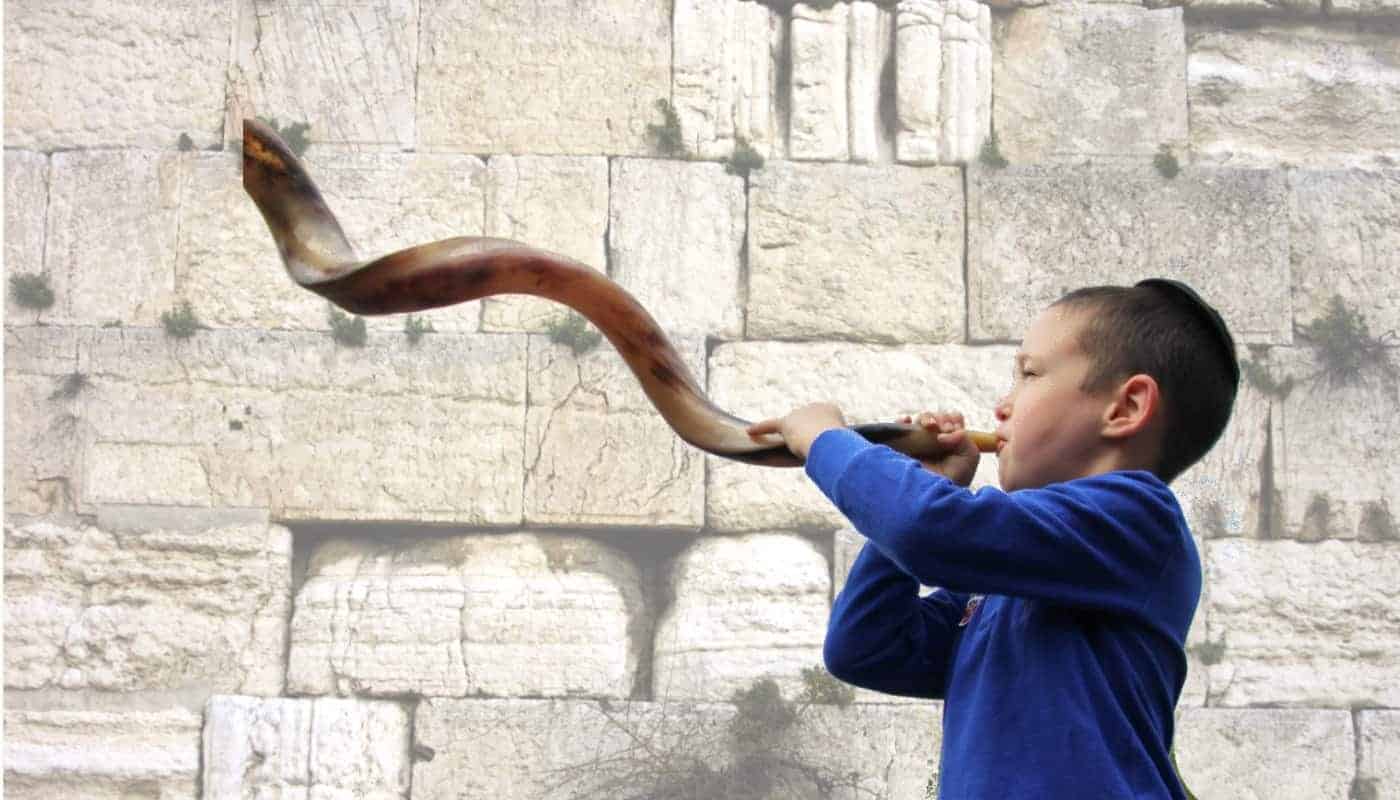To Be or Not to Be?
We are just beginning the month of Ellul, the month of preparation for the Jewish New Year, Rosh HaShana and also for Yom Kippur, the Day of Atonement. It is customary for Ashkenazim (Jews of European origin) to blow the shofar every day of the month of Ellul at synagogue after the morning service. Sephardic Jews (of Middle Eastern and North African origin) begin special prayers known as Selichot, at the beginning of this month. In order to understand this preparation, we will provide some insights into Rosh HaShana. According to Jewish tradition, before God created the first human being, a debate took place in the heavenly court.
When the Holy One blessed Be He came to create man, the ministering angels formed into groups, some saying that man should be created, some saying that he should not be created…[the angel of] Kindness voted to create man, because people would perform acts of kindness,[the angel of] Peace voted not to create man, because people would argue and fight, [the angel of] Truth voted not to create man because he would be full of falsehood …”
No such discussion took place prior to the creation of the rest of the world. Only the creation of the human was open to debate, because the human being alone has free will; only his actions can be good or evil. All other creatures merely do what they are programmed to do by instinct, and are therefore morally neutral. As Mark Twain once said, “Man is the only animal that blushes….. or needs to.” Adam is never neutral: he must justify his existence by his actions. We can be judged because we have free will, because we were created not merely to be part of the eco-system, but to use our free will for moral and spiritual achievements. In the words of a contemporary sage, “We are judged because we were created, and we were created because we are judged.”
We have the ability to achieve the greatest heights of morality and altruism or to be the most depraved, evil creatures in existence; the choice is in our own hands. It is this unique capacity of the human being to be good or evil that is marked by the festival of Rosh Hashanah. We celebrate our incredible potential to become similar to our Creator, but at the same time, we tremble before our awesome responsibility and the judgment that awaits us. We stand, in the words of Rabbi Menachem Mendel of Kotzk, “With one foot in the depth of hell, and on foot in the seventh heaven.”
Judaism does not view time as a linear progression but rather as a circular path. The specific spiritual energies of each part of the very first year in history returns every year at the same point in time. As the anniversary of the creation of the first human being is Rosh Hashanah, the “angelic debate” is renewed every year at this time, “Does man deserve to exist? Has he justified his existence?” We stand in prayer before our Creator on Rosh Hashanah and declare our commitment to act in such a way that we will be deemed worthy to exist.
The central commandment of Rosh Hashanah, and the defining feature of this festival in the Torah is the sounding of the shofar. The most obvious idea behind this commandment is that the shofar sounds a piercing wake-up call for us to begin an accounting of our lives, to become aware of our responsibilities and to make positive commitments for the future. Maimonides writes:
Even though the blowing of the shofar is a decree of the Torah, there is nevertheless a hint within it. That is, ‘Wake up… from your sleep… Search through your actions, return in repentance and remember your Creator… Look into your souls, improve your ways… and abandon evil…”
In light of this explanation, we can understand why there is a custom to begin sounding the shofar in the synagogue and/or to recite Selichot, a month before Rosh Hashanah. We have to start the process of change well before Rosh Hashanah to avoid a last minute, panicked rush. During this month the shofar is blown every day after the weekday morning services in order to wake us up from our apathy gradually, in the hope that we will not press the “snooze” button.

